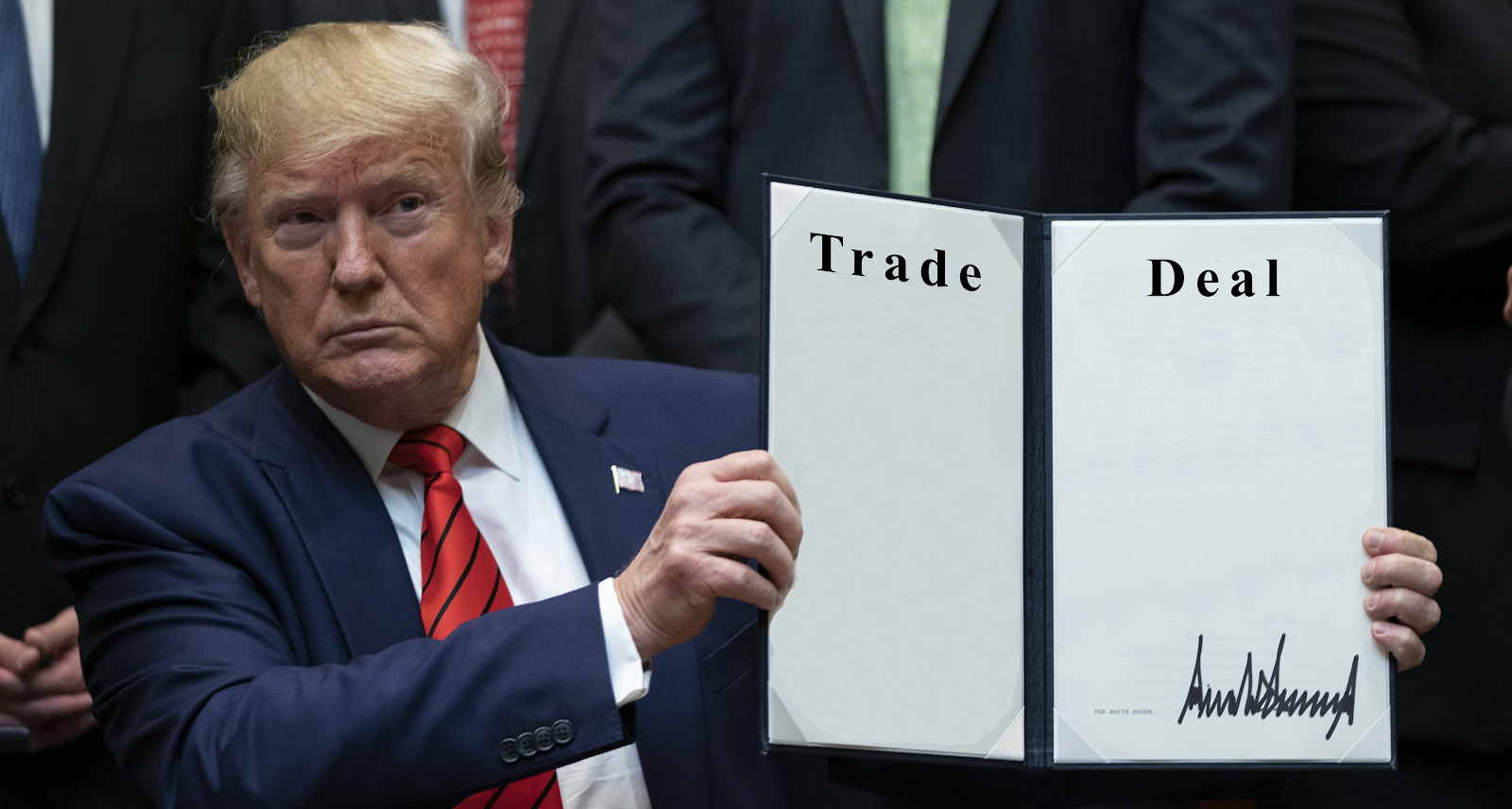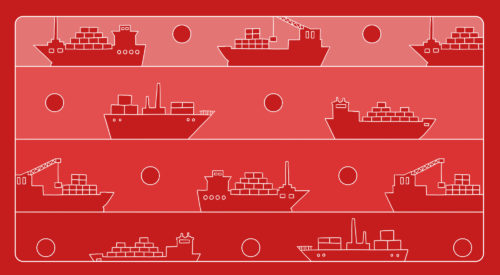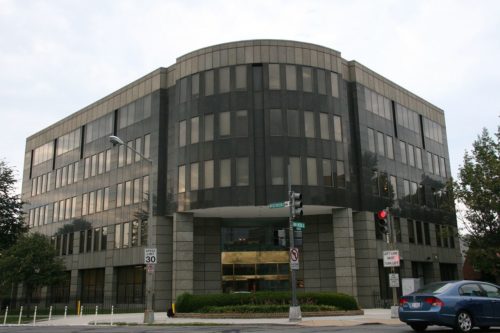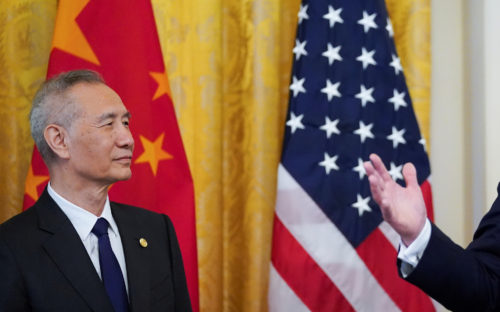Trump’s ‘invisible deal’ with China
Last Friday, 463 days since the first round of large-scale tariffs kicked off the first great Sino-American trade war of the 21st century, President Trump announced a deal. Except it wasn't in writing. And China didn't confirm it. It was, as Scott Kennedy put it, an "invisible deal."

Photo credit: The China Project illustration
A tentative, partial, “phase one” trade “deal”
Last Friday, 463 days since the first round of large-scale tariffs kicked off the first great Sino-American trade war of the 21st century, President Trump announced a deal.
Well, a partial truce.
Well, a “phase one” agreement.
But it’s not in writing.
And China didn’t confirm that there was a “deal.”
A very generic readout from Chinese state media Xinhua says, “the two sides achieved substantial progress…discussed the arrangement for future consultations, and agreed to make joint efforts toward eventually reaching an agreement.”
The Wall Street Journal reported on what little details we have about what it called a “Tentative ‘Phase One’ Trade Pact”:
- “The rough framework hashed out in two days of talks between senior U.S. and Chinese officials in Washington included a Chinese agreement to purchase American farm products totaling $40 billion to $50 billion, President Trump said, without specifying over what time period that would occur.”
- “In exchange, the Trump administration said it would forgo a planned increase in tariffs to 30% from 25% on $250 billion in annual imports from China scheduled” for October 15.
“The U.S. appears to be far from its original goal of getting China to overhaul its economy and is instead saving major structural issues to negotiate later,” the WSJ says.
But wait, it’s even worse
Bloomberg now reports that even for this limited agreement, “China wants to hold more talks this month to hammer out the details of the ‘phase one’ trade deal touted by Donald Trump before Xi Jinping agrees to sign it.”
In other words, what Trump called over the weekend “by far…the greatest and biggest deal ever made for our Great Patriot Farmers in the history of our Country” is in fact exactly what Scott Kennedy of the Center for Strategic and International Studies called it: an “invisible deal.”





